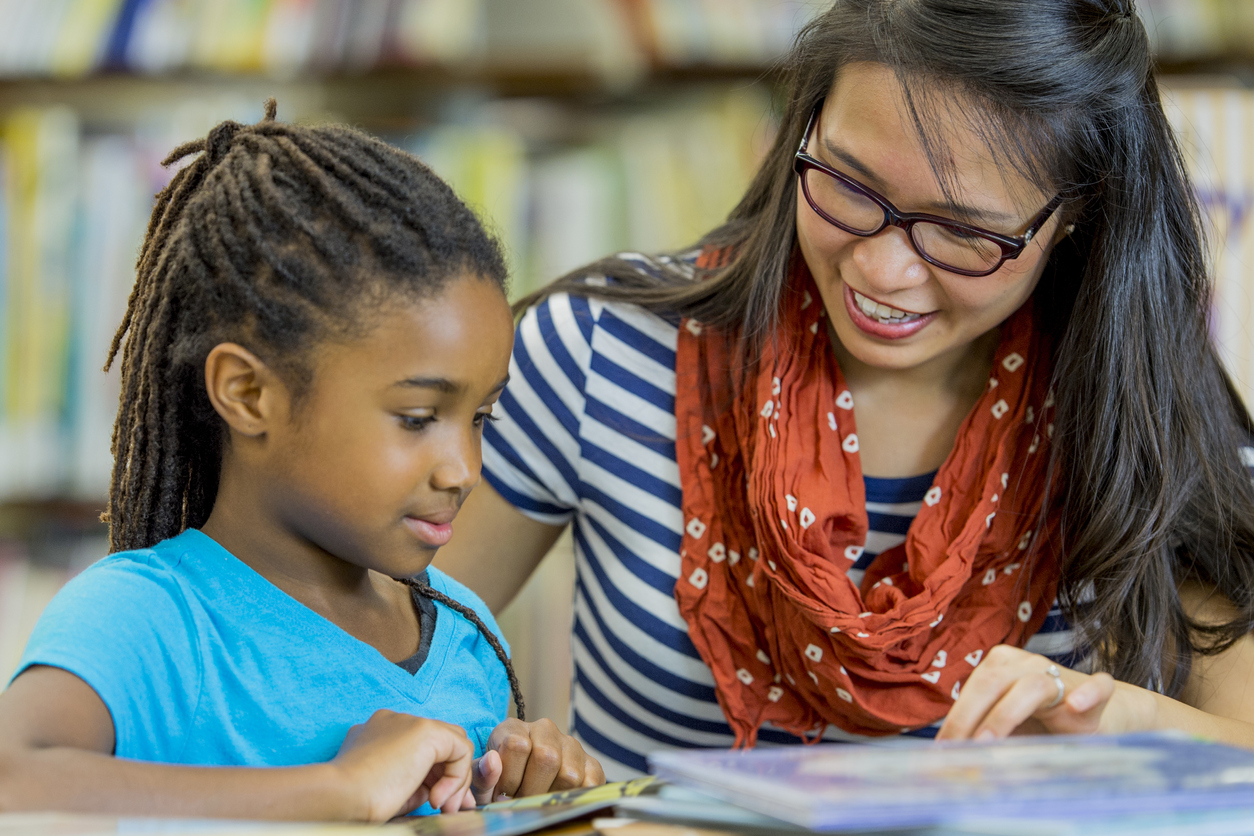Many parents will be hiring tutors this school year to help their children reach academic goals. The one-on-one teaching approach of tutoring allows students to catch up on subjects they have fallen behind in, or it allows gifted students the opportunity to branch out to more subjects. What makes a good tutor? Take a look at the following characteristics that make a tutor-student relationship work well.
Good Communication Skills
Tutors need to be able to communicate their subject matter to the student so the student can understand it. Because tutoring involves a relationship, and it’s not just one person speaking, the tutor also needs to be a good listener. When the communication between tutor and student is fluid, the understanding comes easier.
A tutor should also communicate frequently with the student’s teacher and/or parents. When everyone involved is linked to the learning, the learning increases. For example, a tutor may want to tell a parent how to prepare the student for a certain lesson, and then the parent can assist when the tutor is not there. Reporting progress to a teacher is a good way to help the teacher know how much the student can handle in the classroom. Good communication leads to more academic success.
A Tutor Needs Specific Expertise
If your student is struggling in algebra, you want to hire a tutor who knows algebra really well. It makes sense that tutors be well-versed in the subject they will be teaching. The more experience the tutor has, the more relevant he or she can make it for the student. Sometimes, the problem in understanding comes from not being able to relate the material to real life. A tutor can be a tool to help the student know why it is necessary to learn the material.
The tutor should also be able to ascertain what parts of the subject the student is missing. For example, is the student doing poorly at history because he can’t understand the vocabulary used in the history textbook? Helping where needed will help the student gain confidence to do well in school.
Encouragement
A good tutor knows how to encourage the student. The encouragement may come in the form of respect, treating the student as a normal human being even while recognizing the struggles the student is going through. Encouragement may come in the form of motivation. A tutor will help the student advance forward, learn more, achieve much, and how this is accomplished will be up to the tutor’s understanding of what motivates the student. Encouragement may also come in the form of personalized strategies. They may design study strategies that will help the student succeed instead of fail.
Flexibility
A good tutor understands that what works for one student may not work for another. This is why tutors need to adjust their teaching styles from person to person. They patiently work together with the student to help the student learn in a way that is possible. A key to being flexible is not showing frustration when one method doesn’t work.
Professional Support
A tutor-student relationship may be closer than a teacher-student relationship, but it shouldn’t go beyond professional boundaries. Tutors work together with parents and teachers to help a student learn more. It is a collaboration. Your student should have a good understanding of the tutor’s role, and not be confused about his or her intentions.
Learn More About Hiring an Effective Tutor
The Tenney School recognizes the importance of good tutors in our current education system. We include an after-school tutoring program as part of our individualized learning process. If you would like to know more about our tutoring program, please contact us.


